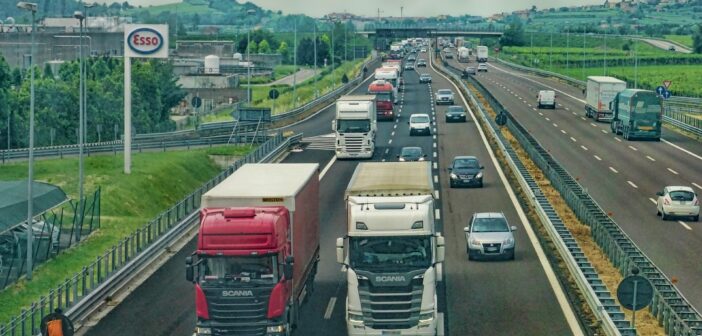In recent years, there has been a noticeable shift towards greener technologies in various industries, including waste management. Commercial vehicles, especially those used in waste management like skip trucks and wagons, have been at the forefront of this eco-friendly revolution.
With a pressing need to mitigate environmental impact and combat climate change, the United Kingdom has been actively promoting the adoption of greener technologies in these sectors through government subsidies and incentives.
Skip trucks, commonly used for collecting and transporting waste materials, have traditionally relied on diesel engines, contributing significantly to air pollution and carbon emissions. However, advancements in technology and a growing environmental consciousness have spurred the development and adoption of alternative fuel sources and innovative designs within the waste management industry.
One of the primary strategies in the quest for eco-friendliness involves transitioning from diesel-powered engines to cleaner alternatives. Electric-powered skip trucks are gaining traction as a promising solution. These vehicles operate silently, emit zero tailpipe emissions, and significantly reduce overall carbon footprints. Manufacturers are investing heavily in research and development to enhance the efficiency and range of electric skip trucks, making them more practical for long-haul waste collection.
Moreover, hybrid skip trucks (such as Scania’s new range of hybrid and plug-in hybrid lorries) combining electric motors with conventional engines have emerged as a transitional solution. These hybrids offer reduced emissions while maintaining the necessary range and power required for waste collection tasks. This transition phase towards fully electric vehicles provides a bridge between traditional diesel-powered trucks and the ultimate goal of zero-emission transportation.
The UK government has played a pivotal role in driving this change towards greener technologies within the commercial vehicle sector. Various subsidies, grants, and incentives have been introduced to encourage businesses to invest in eco-friendly alternatives. The Plug-In Van Grant and the Plug-In Truck Grant, for instance, offer financial support to companies purchasing low-emission commercial vehicles, including electric and hybrid trucks. These grants significantly reduce the initial cost barrier, making eco-friendly vehicles more accessible to waste management companies.
Furthermore, tax incentives such as reduced vehicle tax rates and exemptions from congestion charges in certain cities incentivise the adoption of greener commercial vehicles. These measures not only benefit the environment but also assist businesses in reducing operational costs associated with vehicle maintenance and fuel expenses.
In addition to government support, collaborations between local authorities, waste management companies, and vehicle manufacturers have facilitated the implementation of pilot programs and trials for eco-friendly skip trucks. These initiatives allow for real-world testing, feedback, and improvements in the design and functionality of these vehicles.
However, challenges persist in the widespread adoption of greener technologies in waste management. Issues related to infrastructure, such as the availability of charging stations for electric vehicles and the development of suitable recycling facilities, need to be addressed for seamless integration of eco-friendly skip trucks into existing waste management systems.
This shift towards eco-friendly skip trucks in waste management heralds a promising future for sustainable transportation. Government subsidies, incentives, and collaborative efforts between stakeholders have been instrumental in accelerating this transition. With ongoing technological advancements and continued support, the waste management industry in the UK is poised to embrace greener technologies, contributing to a cleaner and more sustainable environment. Hopefully, this will come sooner rather than later.




